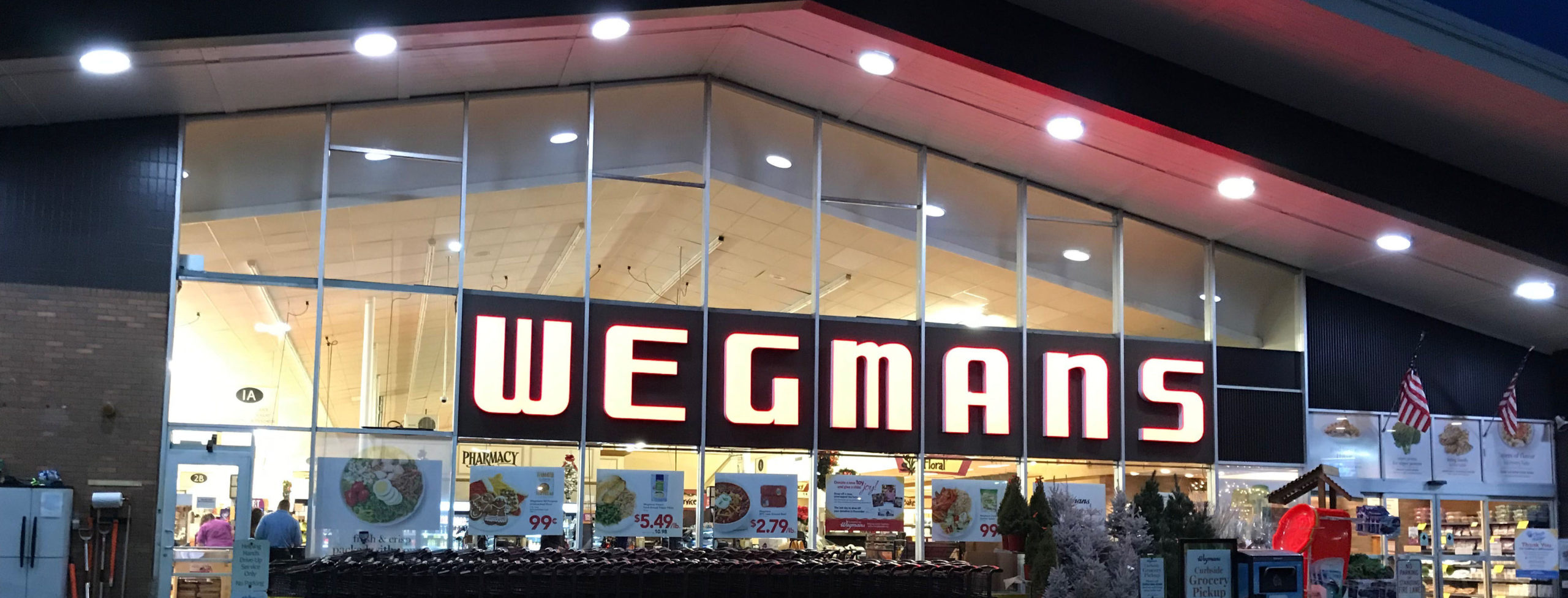It’s said that an army marches on its stomach. In a pandemic, the front lines march on aching feet.
I’ve come to realize that, aside from bank accounts, housing, health care, education, voting access, mortality rates, and general well-being, the main differentiation between the classes is this.
The lowest paid – you know, the essential workers who are now considered heroes – almost always have sore feet.
This is a condition the WFH types don’t generally have to contend with. While their home offices may not be ergonomically correct, online laborers have the option of sitting, often with tootsies up.
At Wegmans, cashiers stand on padded mats, which help only slightly during eight-hour shifts. Those who stock shelves have just the rubberized soles of their shoes. (Wegmans provides two pairs per year, but they never seem to fit right.)
I walk eight miles a night on my job. I can’t imagine what hospital workers, nursing-home aides and EMTs clock. I’m certain that the employees of meat-processing plants have arches and toes and heels that scream.
Of course, that’s the least of their worries these days, as their coworkers succumb to the virus and the president orders them back to work.
Here’s a photo showing Tyson’s efforts to protect employees who stand shoulder to shoulder. See those flimsy sneeze shields?

So in current circumstances, sore feet might seem irrelevant. And yet, in the harsh light of a scourge that lays bare the wealth divide in America, they set us apart far more than any plastic screens.

This is so true.
My grandparents and my parents were all people who had to work on their feet – in factories and in shops. When they sent me to college (I was the first in my family to go), their biggest hope was that I would get a “good job” — like being a secretary at a college or even something more. A good job was one where you had a desk and a chair, or maybe an office where you could take a break (like a professor can) or even sit and do your work all day.
Working-class people are the ones who, by and large, have to stay on their feet except when they are on break.